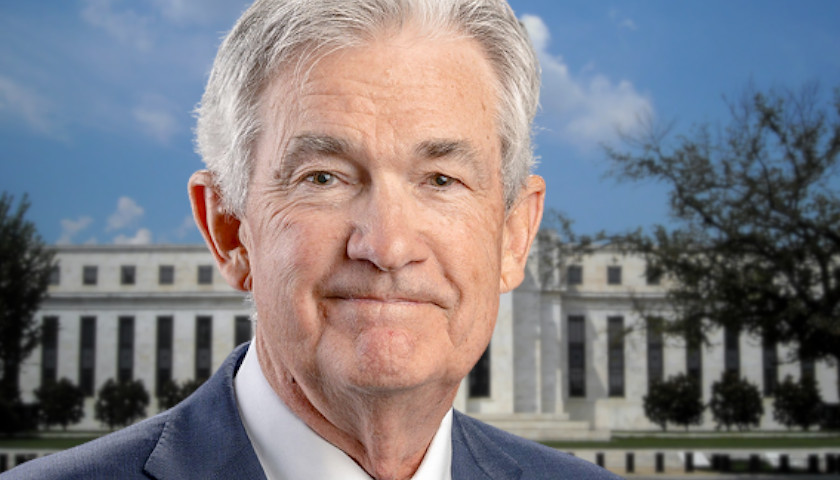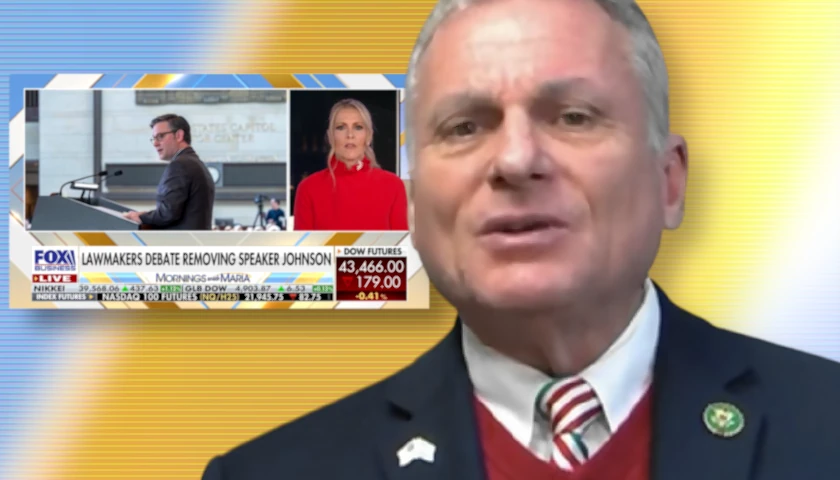by Bronson Winslow
The Federal Reserve has raised target interest rates by 75 basis points for the third time this year following a Wednesday meeting of the Federal Open Market Committee.
The new target range for the federal funds rate is anywhere between 3% to 3.35% up from the current 2.37%, making it the most aggressive hike since the early 1980s. The Federal Reserve is expected to continue this trend into March of 2023 as an attempt to curb ongoing increases in inflation, CNBC reported.
The Consumer Price Index (CPI) in September rose 5.4% from 2021, effectively shadowing August’s increase of 5.3%. The CPI also reflected a monthly increase from August to September climbing 0.4%, The New York Times reported. If the CPI continues to increase, the Federal Reserve will likely continue to add basis points in an attempt to slow inflation.
 During a “60 Minutes” interview last Thursday, President Joe Biden seemed unfazed by record high inflation and food prices. Though the CPI grew 0.4% over the last month and food prices skyrocketed to 11.4%, Biden believes inflation grew “just an inch, hardly at all.”
During a “60 Minutes” interview last Thursday, President Joe Biden seemed unfazed by record high inflation and food prices. Though the CPI grew 0.4% over the last month and food prices skyrocketed to 11.4%, Biden believes inflation grew “just an inch, hardly at all.”
Contrary to Biden’s statement, Jason Furman, Chief Economic Advisor for the Obama administration, told the Daily Caller News Foundation, “Inflation is running well above the Federal Reserve’s target and the current level of interest rates is still relatively neutral rather than contractionary. The Fed needs to raise rates in order to cool down demand.”
Furman believes the Federal Reserve intends to slow inflation without experiencing backlash within the economy yet is uncertain a recession is avoidable. “Its [the Federal Reserve’s] hope is that it can slow inflation without a dramatic slowing in the economy, but a recession is a distinct possibility, and it may be impossible to get inflation down without one.”
U.S. stocks opened higher Wednesday, as investors wait for the Federal Reserve to announce its decision on the size of its interest rate hike.
The Dow Jones Industrial Average was up 0.5% soon after the opening bell: https://t.co/S0fTZRavR8pic.twitter.com/1jFDBR0Zcm
— MarketWatch (@MarketWatch) September 21, 2022
Lawrence Yun, chief economist for the National Realtors Association, told the DCNF that the 75 basis point increase will hurt mortgage rates and housing affordability, yet the larger concern is mortgage rates doubling from two years ago. “There could be some upward movement in mortgage rates. This increase, however, will not be that significant. What is significant is the rise in mortgage rates to 6%, up from the 3% rate of the prior two years. Consequently, housing affordability took a hit, and home sales have come down markedly.”
Benjamin Schuhle, loan officer for Town First Mortgage, told the DCNF that the recent spikes in the Federal Reserve fund rate have hurt mortgage applications, yet price decreases could bring back those who shop out of necessity. “Applications are down 29% compared to last year which shows significant deceleration. Rates are to blame but so are inflated house prices and an overheated market, which has pushed low to moderate income shoppers out of the market. If rates continue to rise but home prices fall, I believe we will see an influx of new shoppers shopping out of necessity not for profit.”
– – –
Bronson Winslow is a reporter at Daily Caller News Foundation.
Background Photo “Federal Reserve Building” by AgnosticPreachersKid. CC BY-SA 3.0.








